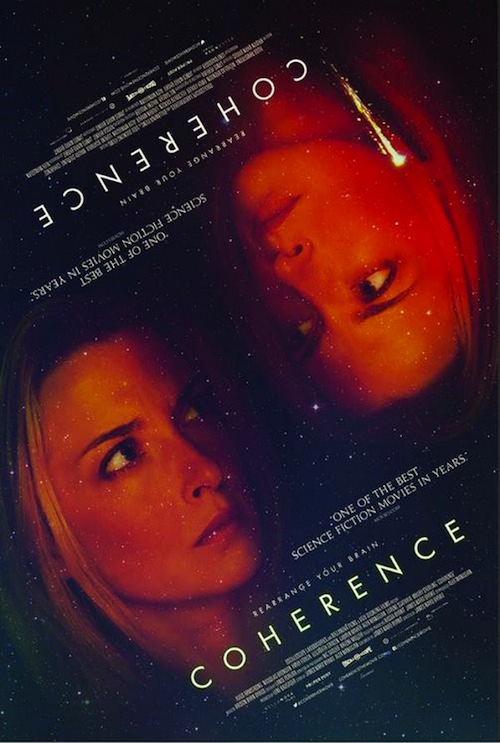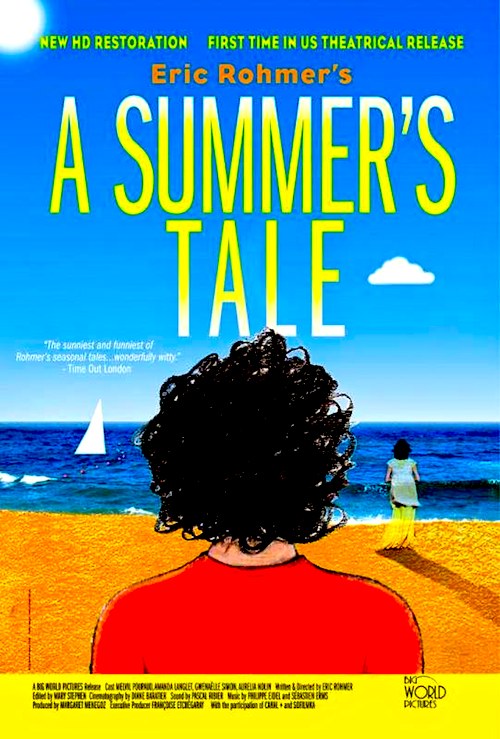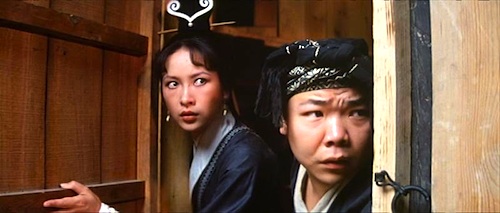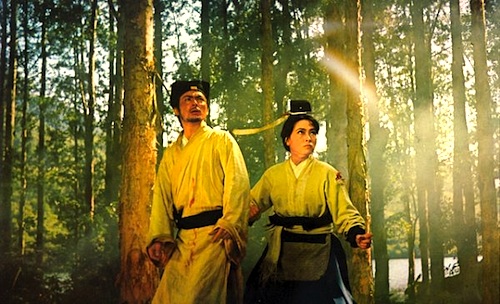By Joe Bendel. For Westerners, the story of Poland’s defiance of Communist tyranny almost exclusively focuses on Gdansk, but events in Warsaw also played a critical role. While Lech Wałęsa co-founded Solidarity and led the striking shipyard workers in the north, Father Jerzy Popieluszko fortified the nation’s spirit from his small pulpit in the capitol. Eventually Wałęsa was elected president, but the good Father never lived to see that day. The life and legacy of the Blessed priest is stirringly chronicled in Jerzy Popieluszko Messenger of the Truth, which airs this Wednesday night on New York’s Thirteen.
The general outline of Bl Jerzy’s life and martyrdom will be familiar to cineastes who have seen Agnieszka Holland’s To Kill a Priest, a film transparently based on the case that has both its considerable flaws and merits. Frankly, the documented circumstances of his murder are far more brutal than anything Holland depicted. Christopher Lambert, the former Tarzan, is not exactly a dead ringer for the unassuming Popieluszko, either.
Bl Jerzy recognized his calling at a young age and he suffered greatly for it during his compulsory military service, but he never compromised his principles. As a result of regular beatings, his health was already weakened before he was ever assigned to a parish. He was not the Church’s most charismatic preacher, but the Primate recognized his potential to serve as the spiritual shepherd to Solidarity and their allies. Before long, his monthly sermons at St. Stanislaus Kostka were drawing tens of thousands of people to the tiny Warsaw church. Needless to say, the Communists were quite alarmed by all this, especially when their masters in Moscow started taking note.
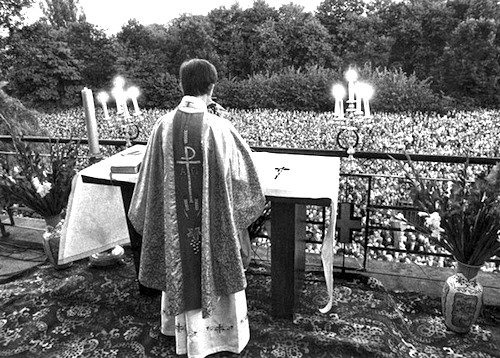
Just shy of ninety minutes, Messenger overflows with history that fascinates and shocks in equal measure. Few non-Poles truly realize the extent of the dirty war the Communist security apparatus waged against Solidarity and its supporters, such as Bl Jerzy. The pattern of its crimes, from the murder of Grzegorz Przemyk, the son of one of Father Popieluszko’s aides, to his incomprehensibly violent martyrdom, rivals anything ever perpetrated by the worst backwater despot.
Director-editor Tony Haines and writer-producer Paul C. Hensler also incorporate some extraordinary on-camera testimony from Solidarity veterans, including Wałęsa. However, the most moving sequences feature the Father’s gruff former fire-fighter bodyguard, who is clearly still haunted by his friend’s assassination.
Even though we must understand how Bl Jerzy’s story will end (nobody is ever beautified if they peacefully retire to a gated community in Florida), Haines and Hensler tell it in a manner that maximizes the tension and telling details. It is also timely and inspiring, coming at a time when a free and prosperous Poland can credibly aspire to become a world power, while Russia continues to demonstrate militarily aggressive designs on its former captive nations. Highly recommended for general audiences (particularly students), Jerzy Popieluszko Messenger of the Truth airs this Wednesday (6/18) on New York’s PBS station, WNET 13. It is also available on DVD from the film’s website.
LFM GRADE: A-
Posted on June 17th, 2014 at 4:55pm.
